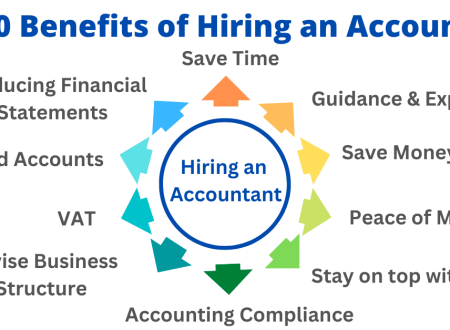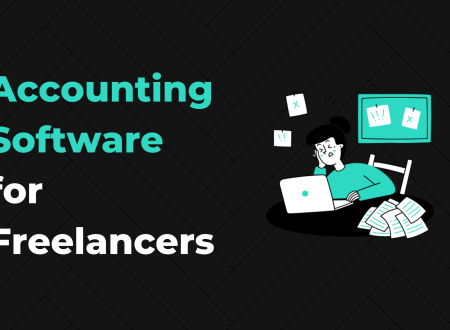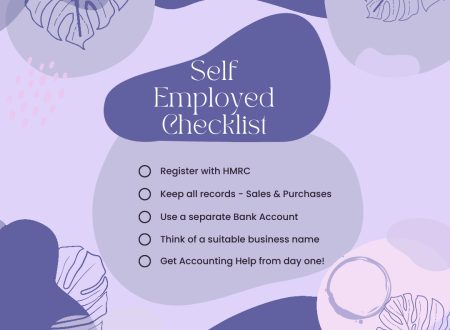Starting your own business in London is exciting — but it can also feel overwhelming. Between managing your finances, understanding tax rules, and building your brand, there’s a lot to figure out.
At TT Accountancy Services (TTAS), we specialize in helping London startups take their first financial steps with confidence. In this edition of #StartupToday, we’re sharing key financial tips and insights to help new entrepreneurs get started on the right track.
Step 1: Choose the Right Business Structure
Before anything else, decide how to structure your business. Your choice will affect how you pay tax, handle paperwork, and even how much personal liability you have.
Common options in the UK include:
- Sole trader – Simple to set up, great for freelancers and small businesses.
- Limited company – Offers liability protection and potential tax advantages.
- Partnership – Best for two or more people running a business together.
Learn more about business structures on GOV.UK
TTAS Tip: We can help you compare options and handle your Companies House registration if you choose to go limited.
Step 2: Set Up a Business Bank Account
Keeping your personal and business finances separate is crucial for bookkeeping and compliance.
A dedicated business bank account helps you:
- Track income and expenses easily
- Build credibility with clients
- Simplify tax filing and record-keeping
TTAS partners with several UK banks that offer startup-friendly accounts — we’ll help you find the right fit.
Step 3: Register for Taxes Early
Every business must register for the appropriate taxes:
- Self-Assessment (for sole traders)
- Corporation Tax (for limited companies)
- VAT (if turnover exceeds the £90,000 threshold)
- PAYE (if you employ staff)
Check UK tax registration deadlines
TTAS Tip: Registering early avoids penalties and gives you time to plan your first tax payments.
Step 4: Keep Accurate Financial Records
Good record-keeping is the backbone of any successful business. You’ll need to track:
- Income and sales invoices
- Business expenses and receipts
- Payroll (if applicable)
- VAT returns (if VAT-registered)
See HMRC record-keeping requirements
At TTAS, we use cloud-based accounting software like Xero, QuickBooks, and Sage to help startups stay organised and compliant with Making Tax Digital (MTD).
Step 5: Understand Your Cash Flow
Even profitable startups can struggle if cash flow isn’t managed properly. Regularly monitor your inflows and outflows to ensure you can cover expenses, taxes, and unexpected costs.
TTAS Tip: We can help you create a custom cash flow forecast to predict slow months and plan for growth.
Step 6: Plan for Growth — and Tax Efficiency
As your startup grows, tax planning becomes increasingly important. An accountant can help you:
- Identify allowable deductions
- Manage VAT efficiently
- Decide when to reinvest or pay dividends
- Plan for business expansion or hiring
With smart tax planning from TTAS, you’ll minimise liabilities and maximise profit — without any compliance headaches.
Why London Startups Choose TT Accountancy Services
At TTAS, we understand that startups need practical financial guidance, not jargon. Our services include:
Business registration and tax setup
Accounting software setup and training
Bookkeeping and payroll management
VAT and tax return filing
Ongoing financial advice for growth
We’ve supported entrepreneurs across London — from tech founders to café owners — helping them transform ideas into successful businesses.
Get in touch with TTAS today to schedule a free startup consultation.
At TT Accountancy Services, we’re here to help you every step of the way — from your first invoice to your first expansion.
#StartupToday — Because every great business starts with the right financial foundation.

 ?>
?>






